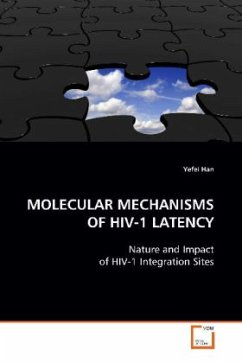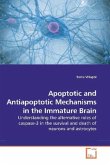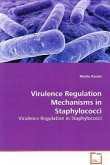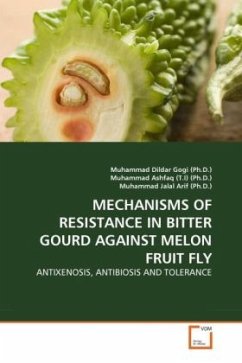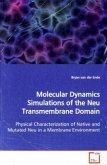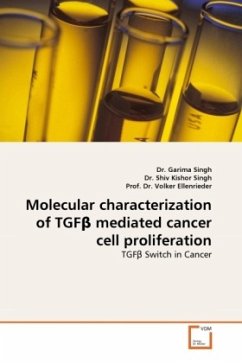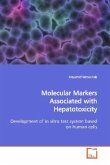Advances in the treatment of HIV-1 infection with
highly active anti-retroviral therapy (HAART) have
greatly reduced mortality and changed this fatal
infection into a chronic disease for many. HAART can
reduce viremia to below the clinical limit of
detection. However, eradication of the infection has
not been achieved. HIV-1 can establish latent
infection in a small pool of resting memory T cells
in which the provirus is stably integrated into the
host genome but not producing viral proteins. This
state of latency allows HIV-1 to evade immune
responses and antiretroviral drugs. Upon cellular
activation, replication-competent viruses can be
quickly released from the latent reservoir to
rekindle the infection. Because of its extremely slow
decay rate, the latent reservoir is a major barrier
to curing HIV-1 infection. Dr. Han s dissertation
explored the molecular mechanisms underlying this
unique nature of the infection in resting CD4+ T
cells, starting from the first in vivo analysis of
integration sites in resting CD4+ T cells to the
novel discovery of the bidirectional regulation on
integrated HIV-1 by the host gene transcriptional
read-through.
highly active anti-retroviral therapy (HAART) have
greatly reduced mortality and changed this fatal
infection into a chronic disease for many. HAART can
reduce viremia to below the clinical limit of
detection. However, eradication of the infection has
not been achieved. HIV-1 can establish latent
infection in a small pool of resting memory T cells
in which the provirus is stably integrated into the
host genome but not producing viral proteins. This
state of latency allows HIV-1 to evade immune
responses and antiretroviral drugs. Upon cellular
activation, replication-competent viruses can be
quickly released from the latent reservoir to
rekindle the infection. Because of its extremely slow
decay rate, the latent reservoir is a major barrier
to curing HIV-1 infection. Dr. Han s dissertation
explored the molecular mechanisms underlying this
unique nature of the infection in resting CD4+ T
cells, starting from the first in vivo analysis of
integration sites in resting CD4+ T cells to the
novel discovery of the bidirectional regulation on
integrated HIV-1 by the host gene transcriptional
read-through.

